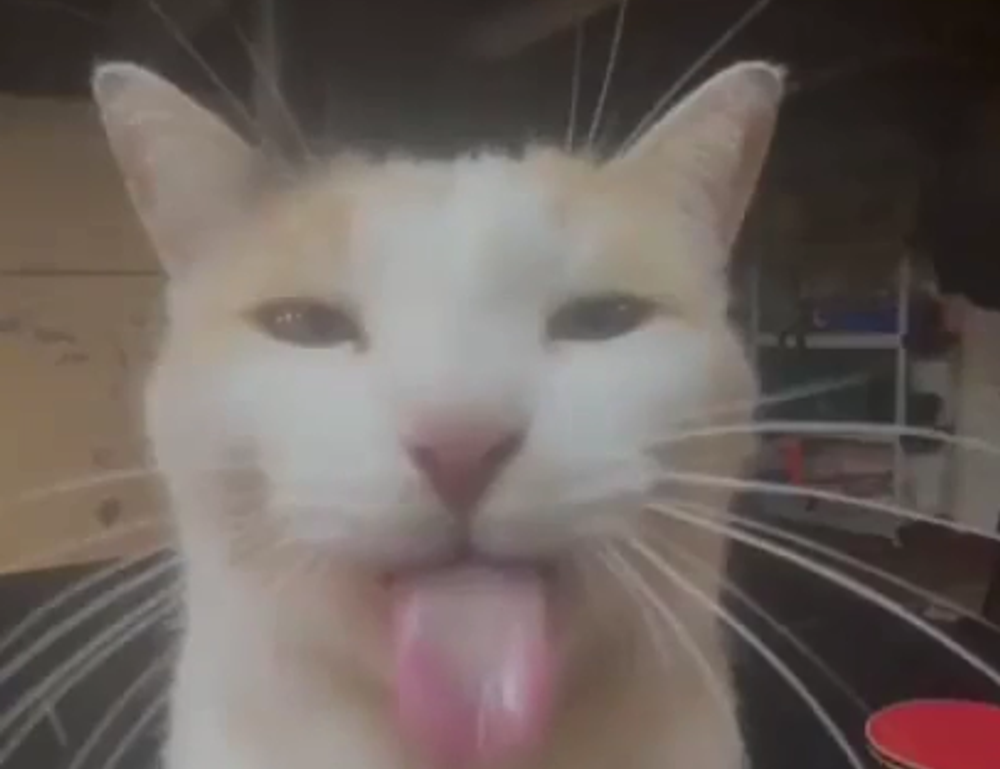What Exactly Is futantr?
Let’s strip it down. At its core, futantr doesn’t have a definition you’ll find in a standard dictionary. It’s one of those internetnative terms shaped more by use than by etymology. Some say it comes from a blend of cultures and genres; others believe it’s a mashup name coined for creative IPs, usernames, or digital aliases.
That ambiguity is its power. Part moniker, part niche identifier, futantr exists in a grey area—sometimes relating to specific fan communities, sometimes adopted for branding, gaming, or even as an alternative digital identity. It’s this flexibility that helps it latch into different online echo chambers.
The Rise of InternetBorn Language
Words like futantr don’t show up in a vacuum. The internet generates language the same way a forest produces fungi—organically, quickly, and in unexpected places. Think of the memes, tags, or slang that gained traction without formal channels.
Much like how “yeet” or “rizz” claimed their spots in the modern lexicon, futantr is the product of human creativity meeting algorithmic virality. People need labels for things, especially online personas or fictional themes, and this one seems to resonate with certain communities—possibly gaming, anime, or digital art niches.
Identity and Pseudonyms in the Digital Era
Let’s be real: hardly anyone uses their real name online. Whether it’s for privacy, performance, or just for fun, pseudonyms shape how we present ourselves. Futantr may function as a flexible digital label—half identity, half aesthetic.
Using something like futantr allows a break from the personal. It creates space. It’s a sandbox name—you can build a gamer profile, drop NFTs, start a YouTube channel, or join a fandom subreddit without having to explain your story.
In spaces like Twitch or Discord, where usernames are the gateway to interaction, having an identifier that sounds both unique and abstract gives you an edge.
Branding in the Age of Short Attention
Let’s zoom out. Branding matters—even when the audience is just ten followers deep. Whether you’re an indie content creator or a casual scroller trying to make your handle pop, standing out is survival.
This is where a term like futantr works. It’s short, visually distinct, and phonetically sticky. That means it passes one of the internet’s biggest tests: memorability. People are more likely to follow or search what they can easily recall.
In the current wave of minimalist branding (think X, Threads, or BeReal), something as simple as five to seven letters can carry serious weight.
The Aesthetics of the Undefined
There’s a weird freedom in words that aren’t boxed in. Futantr isn’t tied to one location, market, or demographic. It rides entirely on how users choose to interpret or apply it.
Some adopt it for usernames and avatars. Others attach it to small creative projects as a kind of placeholder branding. Twitter bios, online portfolios, digital zines—it pops in a lot of places because it doesn’t mean just one thing.
That ambiguity fits the growing trend of fluid digital personas. People aren’t tethered to one niche anymore. A gamer can be an artist and a crypto supporter and an anime fan all rolled into one.
The Downside of Undefined Terms
Of course, there’s a flip side. Riding the undefined space can be a doubleedged sword. A moniker like futantr might gain traction in ways you didn’t expect—or want.
The internet never slows down. Once a term spreads, it gets remixed, redefined, and sometimes misappropriated. That’s both the beauty and the risk of internetnative words. Permissionless usage invites a kind of chaos.
If futantr does move from niche to cultural shorthand, expect growing pains—associations shift fast when visibility scales up.
Why It Caught Our Attention
Ultimately, what makes futantr interesting isn’t just the sound of the word or how it’s used. It’s a signal—a marker of how language and identity keep evolving online at the speed of engagement.
It represents a kind of DIY branding that younger, netnative generations lean into instinctively. There’s no blueprint here, no agency strategy. Just a spark of creativity, amplified through channels that reward uniqueness and virality.
Where It Might Be Headed
Looking ahead, this kind of term will probably get even more intentional usage. Creators will snap it up for new projects—music aliases, limited drops, usernames, and fictional characters. The less definition something has, the more room there is to shape it.
So long as people want to stand out while staying anonymous—or create while remaining undefined—terms like futantr will keep surfacing and making the rounds online.
And who knows? By next month it could be part of a new app name, a viral song title, or the next microtrend that gets baked into internet culture.
Final Take
So here we are: futantr is another piece in the puzzle of modern digital identity. It’s fast, fluid, and fiercely undefined—and that’s kind of the point.
When we navigate online spaces, especially those overloaded with content and creators, a little weird goes a long way. Futantr mixes novelty with mystery, making it prime real estate for anyone looking to coin their next big handle—or just browse the web with an edge.

 Sarah Ainslie is an experienced article writer who has played a crucial role in the development of Toddler Health Roll. With a passion for child health and wellness, Sarah's writing offers parents insightful and actionable advice on nurturing their toddlers. Her articles are well-researched and thoughtfully crafted, providing practical tips on everything from nutrition to emotional well-being, making her contributions invaluable to the platform.
Sarah's dedication goes beyond just writing; she has been instrumental in shaping the content and direction of Toddler Health Roll, ensuring that it meets the needs of parents seeking reliable guidance. Her work has helped establish the platform as a trusted resource for families, offering comprehensive support for raising happy, healthy toddlers.
Sarah Ainslie is an experienced article writer who has played a crucial role in the development of Toddler Health Roll. With a passion for child health and wellness, Sarah's writing offers parents insightful and actionable advice on nurturing their toddlers. Her articles are well-researched and thoughtfully crafted, providing practical tips on everything from nutrition to emotional well-being, making her contributions invaluable to the platform.
Sarah's dedication goes beyond just writing; she has been instrumental in shaping the content and direction of Toddler Health Roll, ensuring that it meets the needs of parents seeking reliable guidance. Her work has helped establish the platform as a trusted resource for families, offering comprehensive support for raising happy, healthy toddlers.
